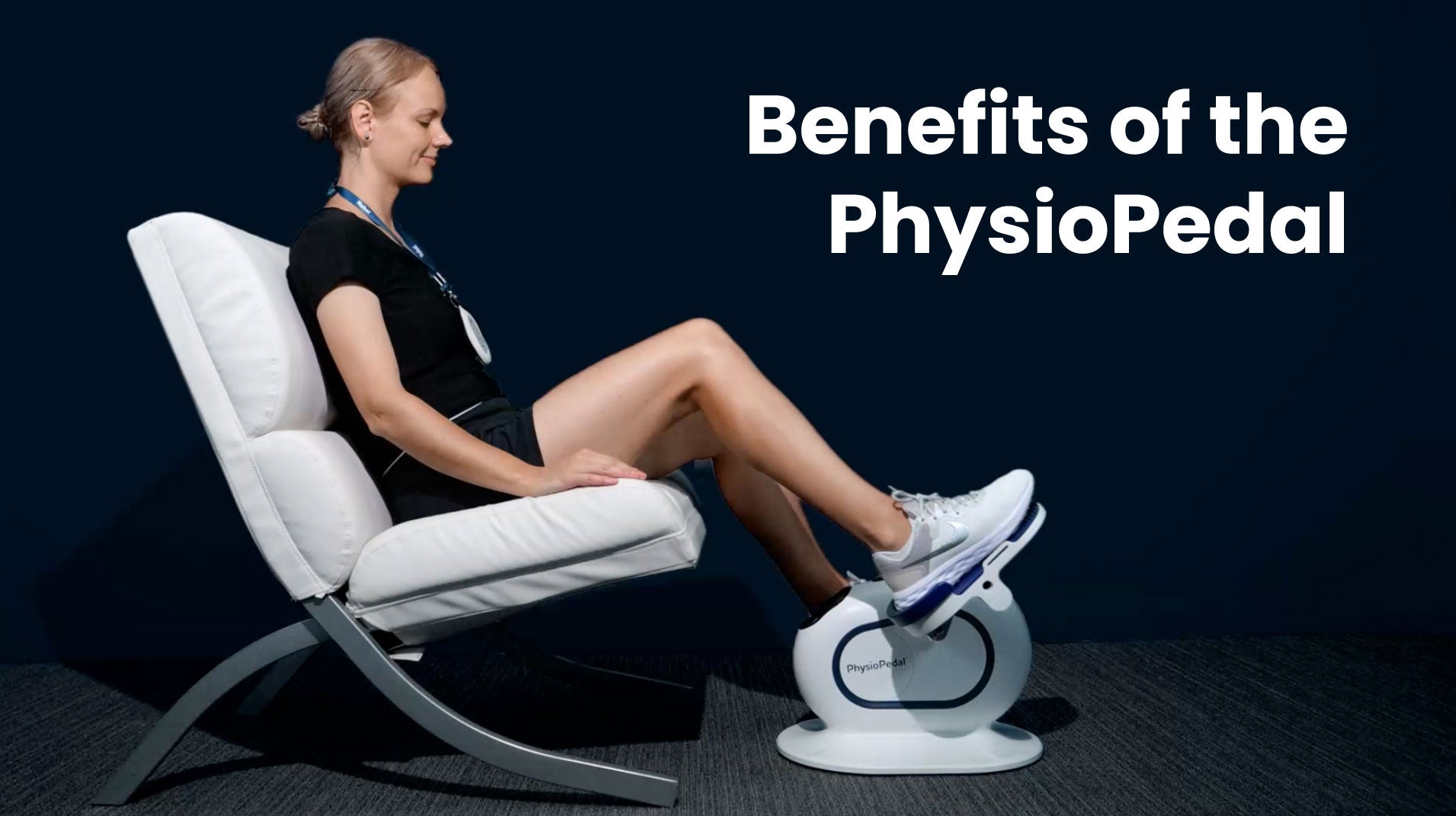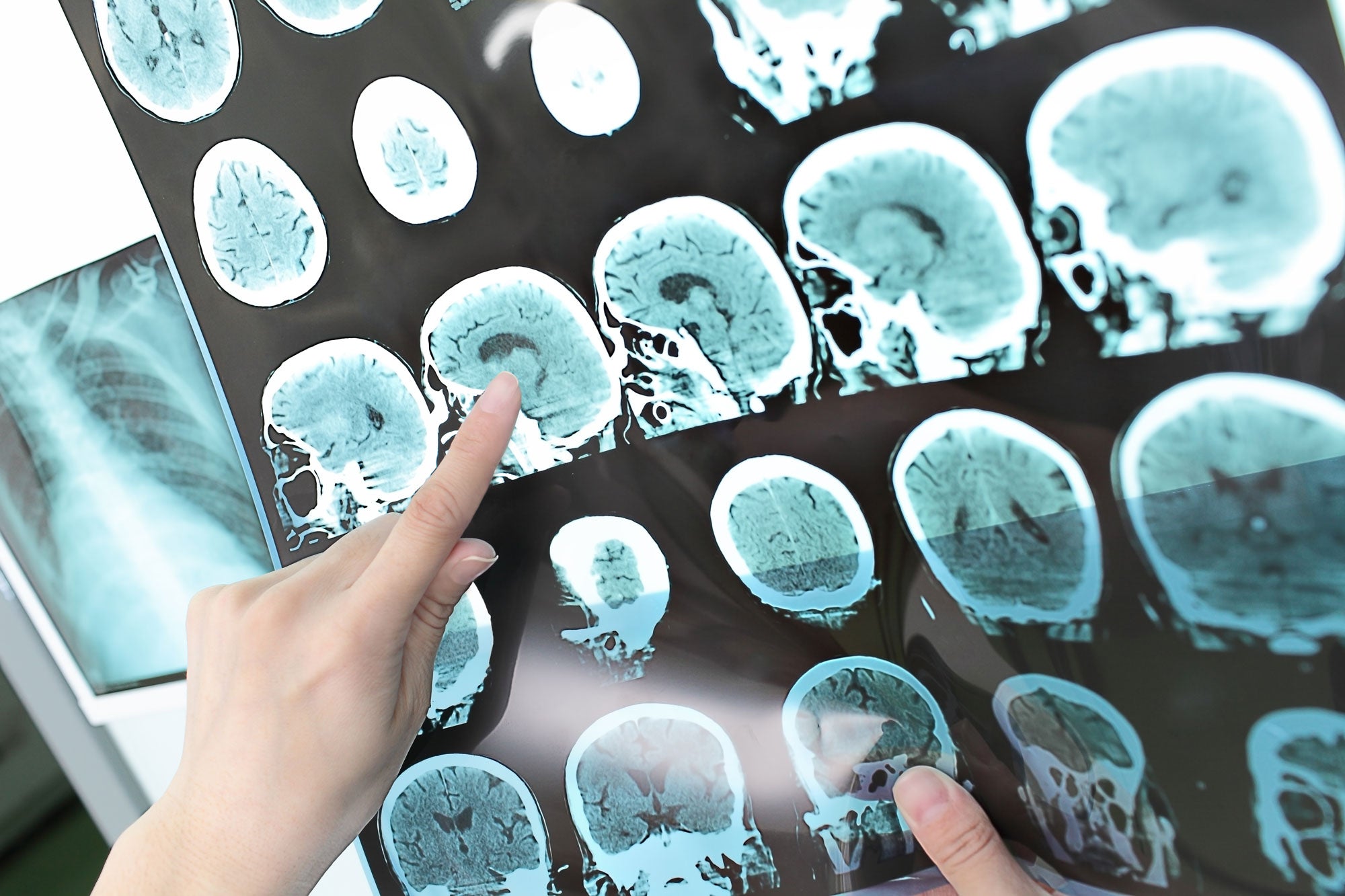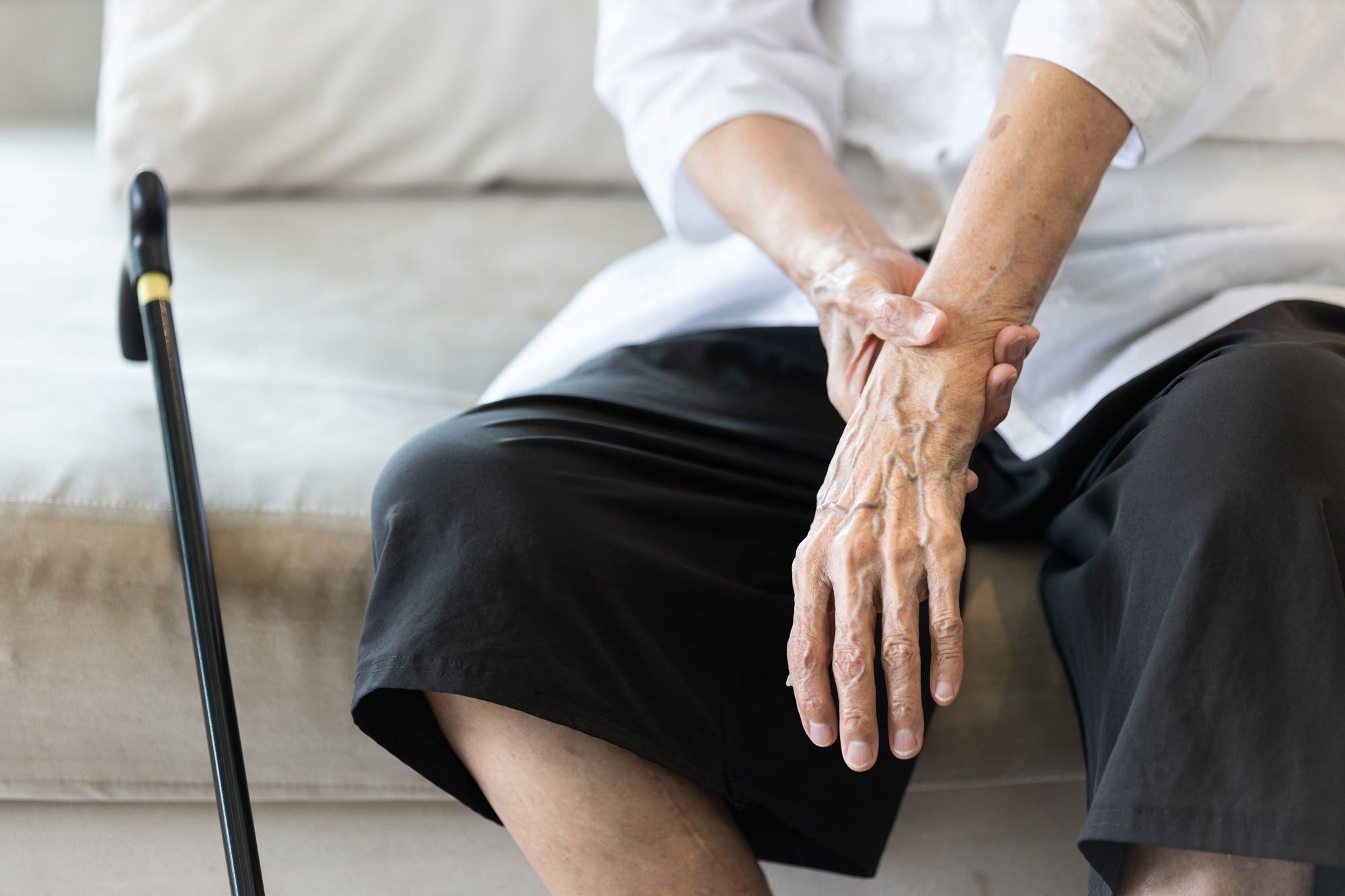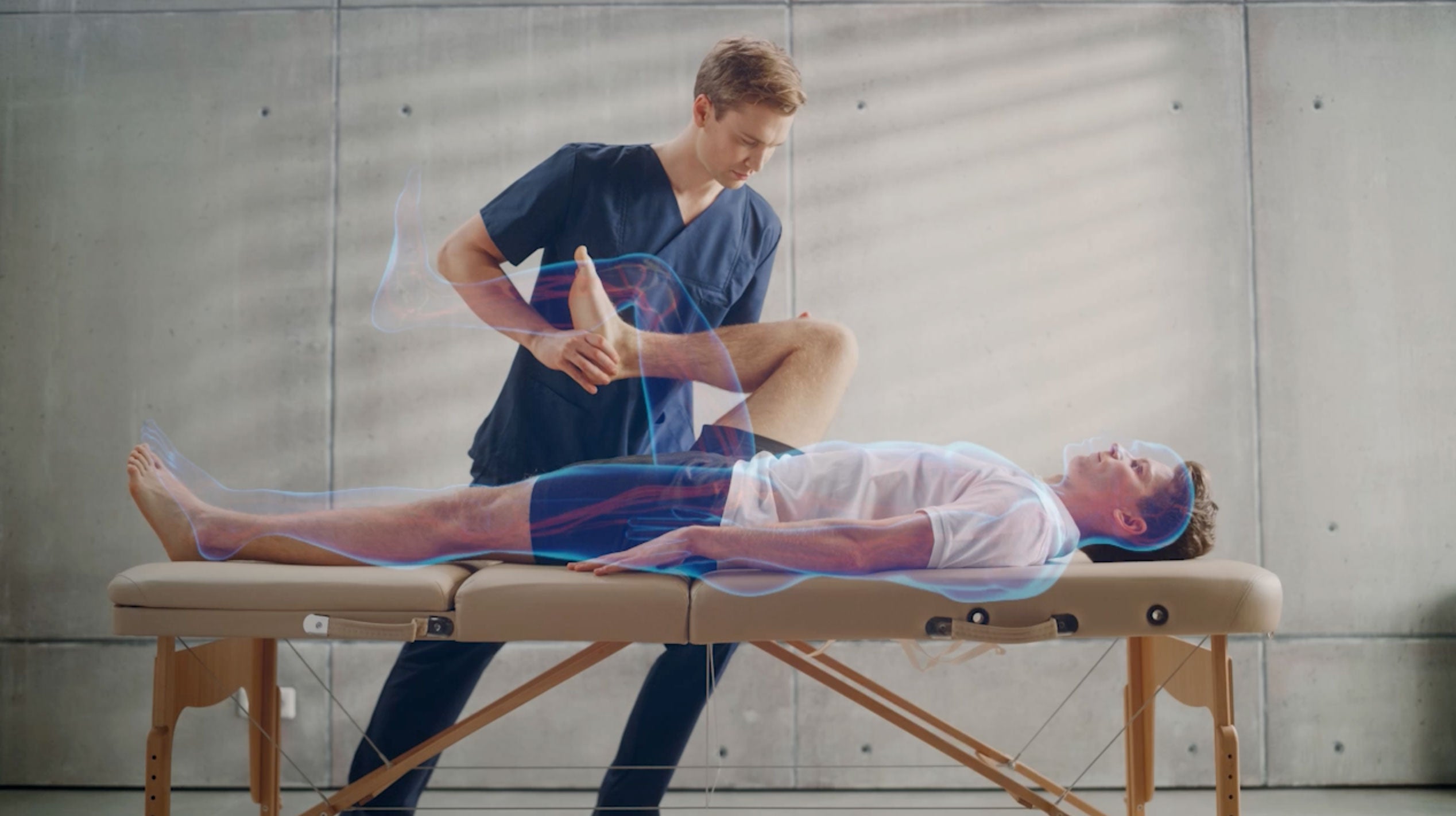Benefits of using PhysioPedal
Physiopedal is not only fun to use but is one of the best ways to improve joint health. Backed by science Assisted Cycle Therapy or "ACT" has been shown to increase range of motion of the major joints of the hip and knee while improving circulation to the lower extremities.
Assisted Cycle Therapy
ACT is a low impact type of exercise suited for those undergoing rehab from injury or those with decreased movement capacity. ACT simulates the pedal action of riding a bike in the comfort of your home, office, or clinic.
PhysioPedal uses a high quality motor to power the device so the user can exercise for a longer duration than what one can do on one’s own. This stimulates the nervous system to improve motor function and joint mobility. Research supports this mode of exercise in stimulating neuroplasticity thereby helping the brain to recover lost motor function. This is a common rehabilitation method for individuals recovering from injury or who have suffered neurological injury,

Video

Study 1
Assisted Cycling Therapy on Post-Stroke Motor Function
This study demonstrates how Assisted Cycle Therapy benefits those who have had stroke.
Read MoreParticipants
The participants comprised 22 adults between the ages of 44 and 76 years of age who did Assisted Cycle Therapy for 20 minutes per day.
Main outcome
The purpose was to examine the average rate for pedaling and exertion ratings as predictors of change in motor function following the exercise session.
Results
ACT is helpful for people with low cardiorespiratory fitness levels. Assisted cycling is a beneficial method of doing low impact exercise that targets the joints to improve mobility.

Study 2
Helping to Improve Tremors And Bradykinesia
Assisted Cycle Therapy can help improve tremors and Bradykinesia.
Read More10 Participants
A sample of 45 to 74-year-olds who performed 40 minutes of ACT
Results
The majority of participants showed improvements in tremors and Bradykinesia immediately after just one round of 40-minute exercise with assisted cycle therapy (ACT).

Study 3
Strengthening Women’s Physiological Capacities
A program centered on smart electrically assisted cycling for rehabilitation after breast cancer.
Read MoreParticipants
The study consisted of a sample of 14 post-breast cancer patients between the ages of 46 to 55.
Main outcome
It was a 6-week program consisting of 2 bicycles per week in groups of 5. 9 out of 10 participants did about 150 minutes of moderate-intensity activity every week with the electric bicycle.
Results
The study showed that participants enjoyed the exercise from the electric cycling. In addition, it strengthened women's physiological capacities through personalized levels of electrical assistance.

Study 4
Improves reaction time, set-shifting, inhibition, and language fluency.
The effects of assisted cycling therapy and voluntary cycling on reaction time and measures of executive function in adolescents with Down syndrome
Read MoreParticipants
33 adolescents and young adults with Down syndrome.17 participants were placed in the assisted cycling therapy (ACT) group and 16 in the Voluntary cycling (VC) group.
Main outcome
The Chosen Participants were around 18 years old and placed in two different groups: ACT ( Assisted cycling therapy) and VC (voluntary cycling). They were assigned to 8 weeks of ACT or VC. During assisted cycling therapy, the cycling cadence of patients participating was used to an average tempo of about 80% faster than the voluntary cadence. The study showed that adolescents and young adults with Down syndrome improved their reaction time, inhibition and language fluency after eight weeks of ACT.
Results
The ACT and VC groups' power output and heart rates were almost identical, but the ACT cadence was significantly faster. Patients within the ACT group showed significant improvement in reaction times and inhibitory control. However, both the ACT and VC groups improved semantic language fluency.
Works Like a Physical Therapist

